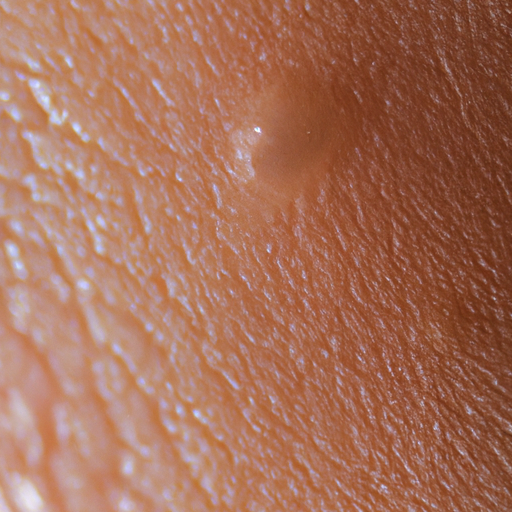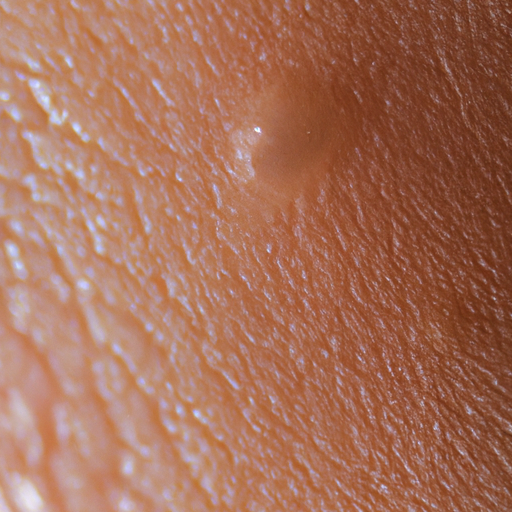As a dermatologist, I have encountered countless patients who struggle with oily skin. The excessive oil production, also known as sebum, can lead to clogged pores, acne, and a shiny complexion. However, it’s essential to understand that oil isn’t your enemy. It’s a natural substance that helps protect your skin and keep it hydrated. The problem arises when there is an overproduction of oil. In this article, we will unmask the radiance beneath your oily skin by exploring natural ways to heal and balance it.
Firstly, let’s debunk a common myth: drying out your skin will not solve the oiliness. On the contrary, when your skin is stripped of its natural oils, it compensates by producing even more oil. Therefore, harsh cleansers and alcohol-based products are not the solution. Instead, opt for gentle, natural cleansers that remove dirt and makeup without stripping your skin of its essential oils. Look for ingredients like green tea extract, chamomile, and aloe vera which are known for their soothing and balancing properties.
Secondly, hydration is key. It may seem counterintuitive to moisturize oily skin, but remember that oil and hydration are two different things. Your skin can be oily yet dehydrated. Choose a lightweight, oil-free moisturizer that won’t clog your pores but will provide the necessary hydration. Ingredients like hyaluronic acid and glycerin are excellent for hydrating the skin without adding extra oil.
Exfoliation is another crucial step in managing oily skin. It helps remove dead skin cells that can clog pores and increase oil production. However, it’s important not to overdo it as excessive exfoliation can irritate the skin and trigger more oil production. Stick to gentle exfoliators like salicylic acid or natural ingredients like oatmeal or brown sugar, and limit exfoliation to once or twice a week.
Diet also plays a significant role in skin health. Consuming a diet rich in antioxidants, vitamins, and minerals can help balance oil production and promote healthy skin. Foods like berries, leafy greens, nuts, and fish are excellent choices. Additionally, try to limit your intake of processed foods and sugars, which can trigger inflammation and exacerbate oil production.
Lastly, don’t forget about the power of natural remedies. Tea tree oil has antibacterial properties that can help combat acne caused by oily skin. Aloe vera is known for its soothing and hydrating properties. Clay masks, particularly those with bentonite or kaolin clay, can absorb excess oil and cleanse the pores. However, remember to always patch test any new product or ingredient to ensure it doesn’t irritate your skin.
In conclusion, managing oily skin naturally involves a combination of gentle skincare practices, a balanced diet, and the use of natural remedies. It’s about understanding your skin’s needs and responding accordingly. Remember, everyone’s skin is different, so what works for one person may not work for another. It may take some trial and error to find what works best for you. But with patience and consistency, you can unmask the natural radiance beneath your oily skin.




